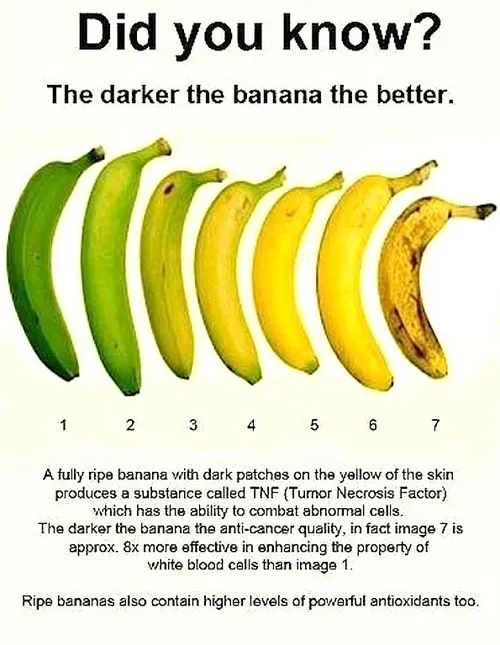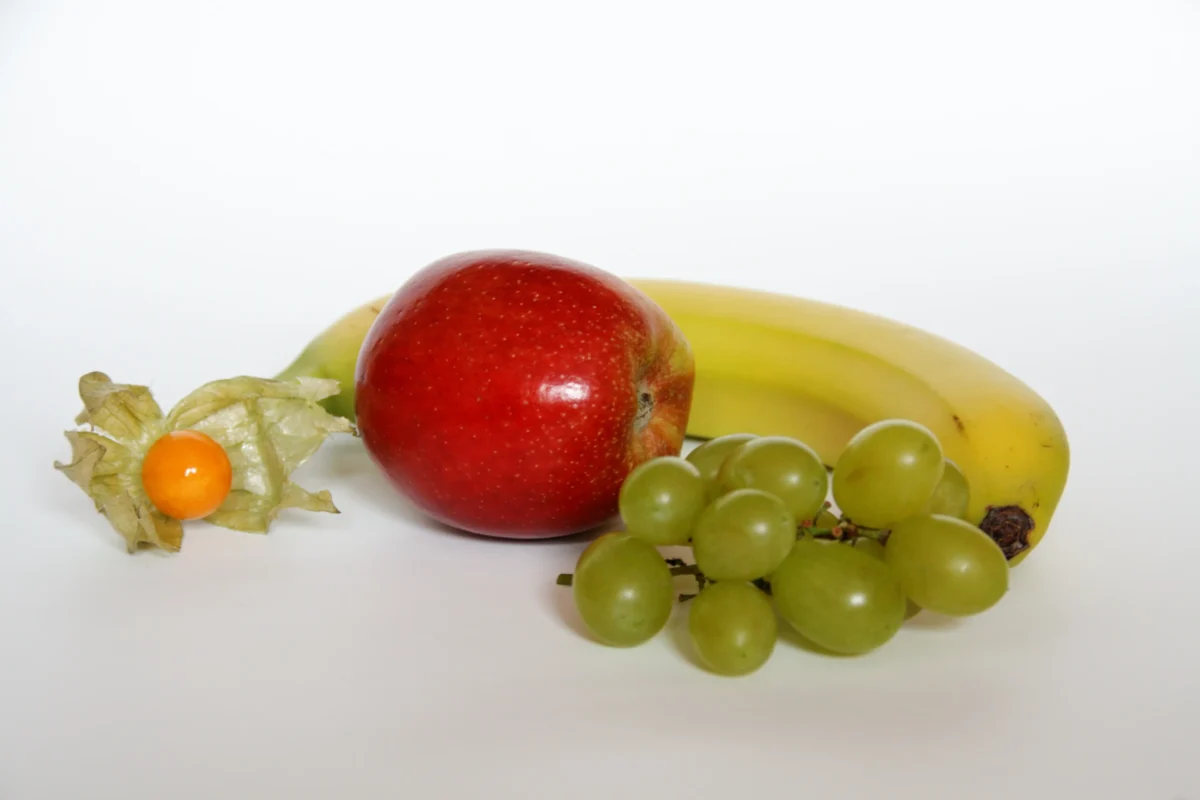Banana bread is a beloved classic that is perfect for breakfast, dessert, or any time in between. However, there are few things more disappointing than expecting a fluffy, perfectly-risen banana bread and getting a dense, undercooked mess instead.

If you’re someone who loves bananas and wants to know more about why your banana bread isn’t rising then you’ve come to the right place. In this article, we’ll explore the reasons banana bread may not rise, including common mistakes that can prevent it from doing so, potential issues with ingredients, and tips and tricks for ensuring it rises properly. So, let’s dive in!
What causes banana bread to rise?
Banana bread is a beloved baked treat that many people enjoy making at home. However, sometimes banana bread fails to rise properly, leaving bakers feeling disappointed and frustrated. There are several reasons why this might happen.

Firstly, the type of flour used can affect how well banana bread rises. All-purpose flour is the most commonly used type of flour for baking, but it may not provide enough gluten to create a strong structure for the bread to rise properly. Using a higher gluten flour or adding extra vital wheat gluten can help overcome this issue.
Another factor that impacts banana bread’s rising ability is the leavening agent used in the recipe. Baking powder and baking soda are both common leavening agents used in baking. If too much or too little of either one is added, it will affect how much carbon dioxide can be produced during baking, which will impact how much the dough rises.
Overmixing could also be an issue as it causes more air pockets in your batter and less structure to support them leading to improper rising.
Temperature plays a crucial role in ensuring proper rising as well – if your oven temperature isn’t hot enough or if you put your batter into a cold oven then chances are high that your batter won’t rise as expected.
In conclusion, there are several factors that could cause banana bread not to rise properly; from using all-purpose instead of high-gluten flours and incorrect mixing methods through to incorrect oven temperatures – getting these right should give you perfect results every time!
Common mistakes that can prevent banana bread from rising include.
Banana bread is a beloved treat by many, but have you ever encountered a loaf that didn’t rise properly? There are several common mistakes that can prevent banana bread from rising to its full potential.
One of the main culprits is over-mixing the batter. While it’s important to thoroughly incorporate all ingredients, over-mixing can lead to a dense and heavy loaf. Another mistake is using old baking powder or baking soda, which can lose their leavening power over time.
Not using enough baking powder or baking soda can also result in a flat and sunken banana bread. It’s important to follow the recipe precisely and measure out all ingredients accurately.
Additionally, opening the oven door too often while baking can cause temperature fluctuations and prevent proper rising. It’s best to resist peeking until the last few minutes of baking.
Lastly, choosing overly ripe bananas with little structural integrity may also affect how well your banana bread rises. Opt for bananas that are ripe but still firm for optimal results.

By avoiding these common mistakes, you’ll be on your way to achieving perfectly risen and delicious banana bread every time!
Potential issues with ingredients that can prevent banana bread from rising include.
Banana bread is a beloved treat for many, but what happens when it doesn’t rise as expected? There are a few potential culprits that can prevent your banana bread from achieving the perfect fluffiness.
One common issue is using old or expired baking powder. Baking powder is what helps create air pockets in the bread, allowing it to rise. But if your baking powder has lost its potency, your bread may end up dense and heavy.
Another factor to consider is the amount of sugar you use. While sugar adds sweetness and flavor to banana bread, too much of it can weigh down the batter and prevent proper rising. It’s important to follow recipes carefully and not go overboard with sugar measurements.
Additionally, overmixing or undermixing the batter can also affect how well your banana bread rises. Overmixing can cause gluten strands to form, resulting in a tough texture while undermixing may lead to uneven distribution of ingredients throughout the batter.
Lastly, make sure you’re using ripe bananas for your banana bread recipe. Unripe bananas lack natural sugars which means less food for yeast or baking soda which could result in flat loaves with little-to-no rise.

« Solutions for Dry Banana Bread Batter: Tips and Tricks for Perfectly Moist Bread Every Time
The Top Most Amazing Banana Beauty Tips and Benefits »
By being mindful of these factors and taking care when preparing your ingredients and mixing them together, you’ll be able to achieve that perfectly risen loaf of delicious banana bread every time!
Tips and tricks for ensuring that banana bread rises properly.
Banana bread is a beloved treat for many, but sometimes it can be frustrating when it doesn’t rise properly. There are several reasons why this might happen, but fear not – with the right tips and tricks, you can ensure that your banana bread rises perfectly every time.
One common reason for banana bread not rising is over-mixing the batter. While it’s important to thoroughly mix your ingredients together, overdoing it can cause gluten to form which can prevent your bread from rising. Instead, aim for a gentle mix and stop as soon as everything is combined.
Another factor that can impact how much your banana bread rises is the type of flour you use. All-purpose flour has a lower protein content which makes it easier for gases to escape during baking – resulting in less rise. Consider using cake flour or pastry flour instead which have higher protein content and will help your banana bread reach new heights.
Finally, make sure you’re using fresh baking powder or soda – these leaveners are responsible for creating air pockets in the batter which will give your banana bread its signature fluffiness. If they’re expired or old they won’t be as effective at doing their job.
By keeping these tips in mind when making banana bread, you’ll be well on your way to achieving perfectly risen loaves every time. Happy baking!
Check out our other articles to find out even more about banana.
Baking a perfect, fluffy loaf of banana bread is all in the details. From choosing ripe, fragrant bananas to making sure your ingredients are fresh and properly measured – small details can make a big difference when it comes to getting that rise you want! With these tips and tricks in mind, be sure to check out our other articles if you’re looking for more information on how to ensure the best possible results with your next batch of banana bread.










